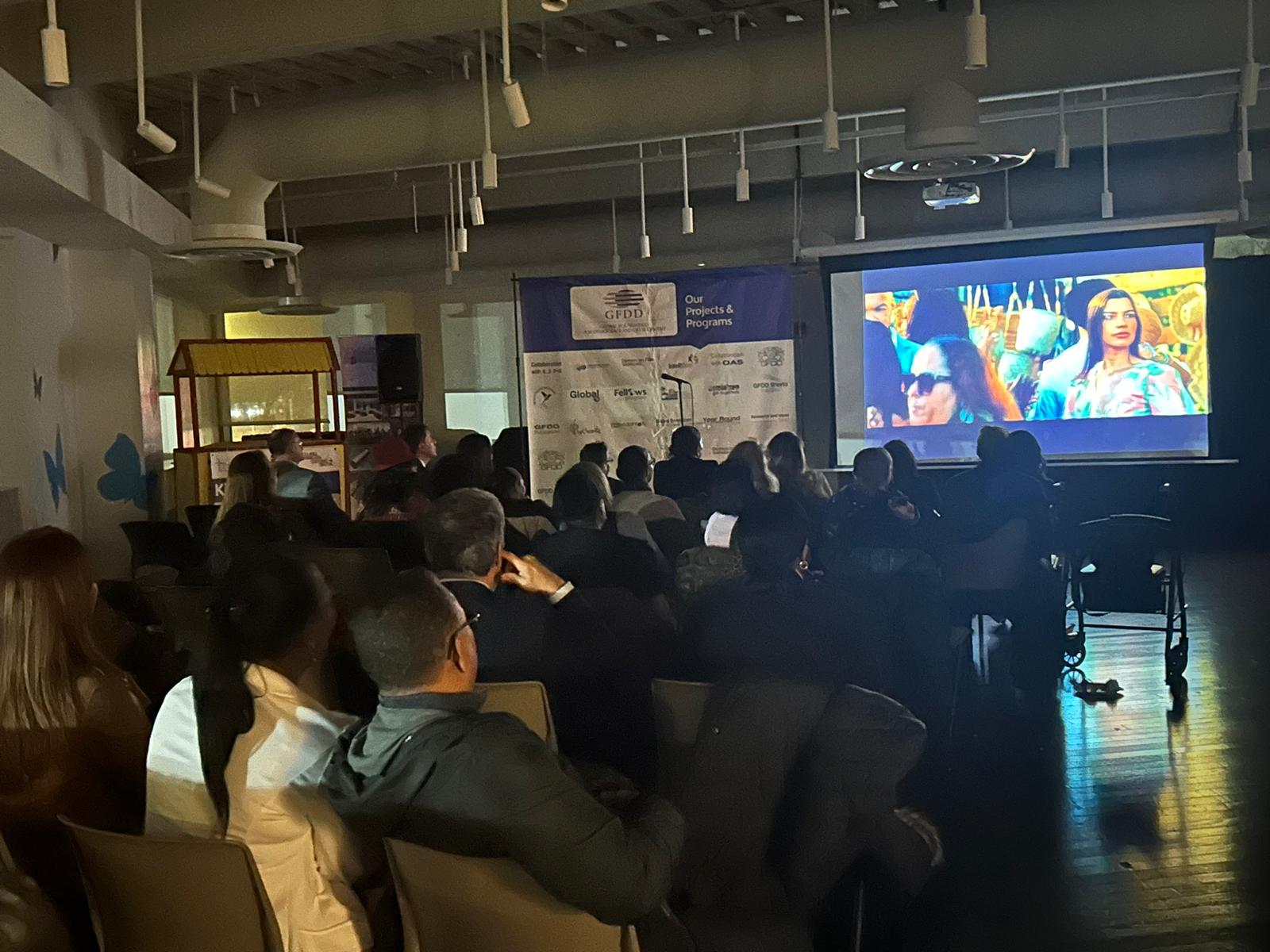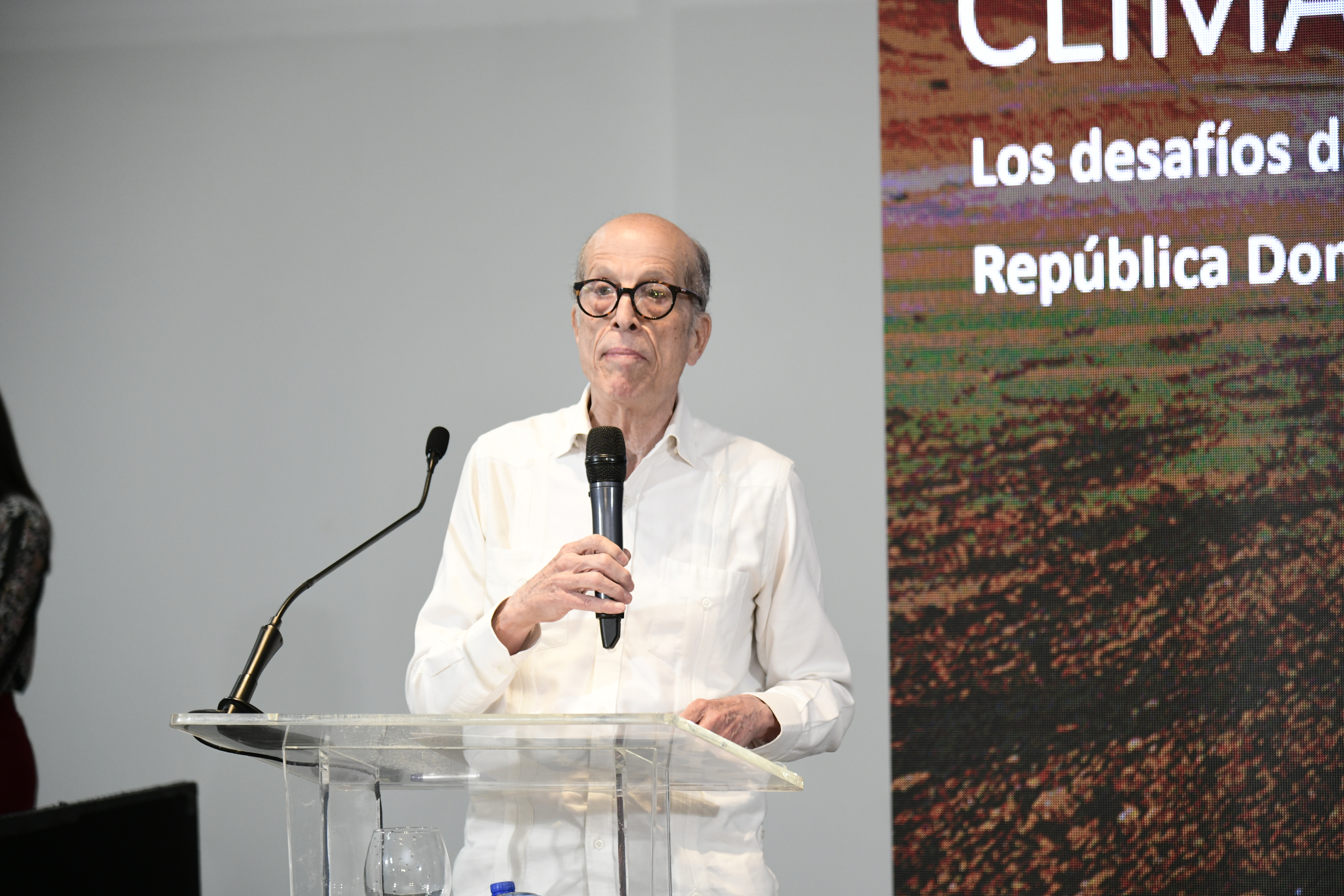Cyber-Security of Children and Adolescents a National Priority
 | Cyber-Security of Children and Adolescents a National Priority We must make sure that Web navigation be a safe and productive experience. “Parents have a great responsibility to inform, instruct, and warn their children about the risks and dangers that exist in the virtual world and to set limits based on shared values that must be unbreakable today more than ever.” In a presentation at the Seminar-Workshop entitled, ‘Toward Online Security for children and adolescents in the Dominican Republic,” Margarita Cedeño de Fernández outlined the abuses and dangers common in Internet use, such as inappropriate sharing of personal information, dissemination of pornography or victimization through online sexual abuse, violence, cyber-harassment, sexting or misuse of our digital fingerprint in social networking sites. “I want to emphasize that although the responsibility to assure that our children and adolescents navigate on a safe Internet is a shared one, it begins in the home,” she added. “Parents have a great responsibility to inform, instruct, and warn their children about the risks and dangers that exist in the virtual world and to set limits based on shared values that must be unbreakable today more than ever.” She recalled that Internet providers, parents, teachers and the government all must shoulder the challenge of making Internet use agreeable, efficient and enriching but especially safe to the youngest members of our society. Safe Internet The First Lady noted that hundreds of Safe Internet initiatives exist, many of which she has joined as a mother, a lawyer, a woman and a citizen. “We must carry to the virtual world the values that we practice ‘offline’ or in our real world,” she insisted. “We have educated respectful, responsible and cordial citizens with analytical and leadership capacities, and these same qualities must be included when we teach digital citizenship because our behavior in the real world must be transmitted in the same way to our virtual identities.” Dr Cedeño de Fernández recalled that only a few weeks ago she inaugurated in New York City a portal for the prevention of human trafficking called ‘Liberty without Borders.’ Its aim is to educate the Spanish-speaking population about the risks and dangers of this form of abuse, which has taken advantage of the Internet to trick more people and rob them of their dreams of personal development. The First Lady emphasized that the digital fingerprint that each user leaves when they enter social networking sites, including photos, comments, and associations, remains fixed forever in the virtual world. “Online security for our youngest and most vulnerable citizens must be a priority,” she continued. “We cannot permit that these dangers and unscrupulous persons ruin what could potentially be an enriching experience. Our best weapon against violent and abusive content on the Web is to empower the population with knowledge so that they can identify dangerous situations and can report them to the relevant authorities.” She said that Internet use must become a safe experience that stimulates prosperity and development. Work of the CTCs Dr Margarita Cedeño de Fernández promised that as First Lady and a Dominican citizen, she takes very seriously her responsibility to democratize access to information and communication technologies through the creation of Community Technology Centers (CTCs) located in rural communities with high levels of poverty. These Centers promote training and education to fulfill the needs of the people who use them.
| |

Related News
-

(Versión en español) El agroturismo diversifica la oferta turística dominicana
-

(Versión en español) Cultura pone en circulación obra ganadora del Premio Anual de Historia 2020
-

The Dominican Film Showcase Celebrates the Presentation of "Colao 2"
-

(Versión en español) Inauguración de la XII Feria Semana de la Geografía 2024
-

Dominicanos en Grandes Ligas
Las ultimas noticias/novedades de lo que acontece con los Dominicanos en las Grandes Ligas durante toda la temporada 2019.




